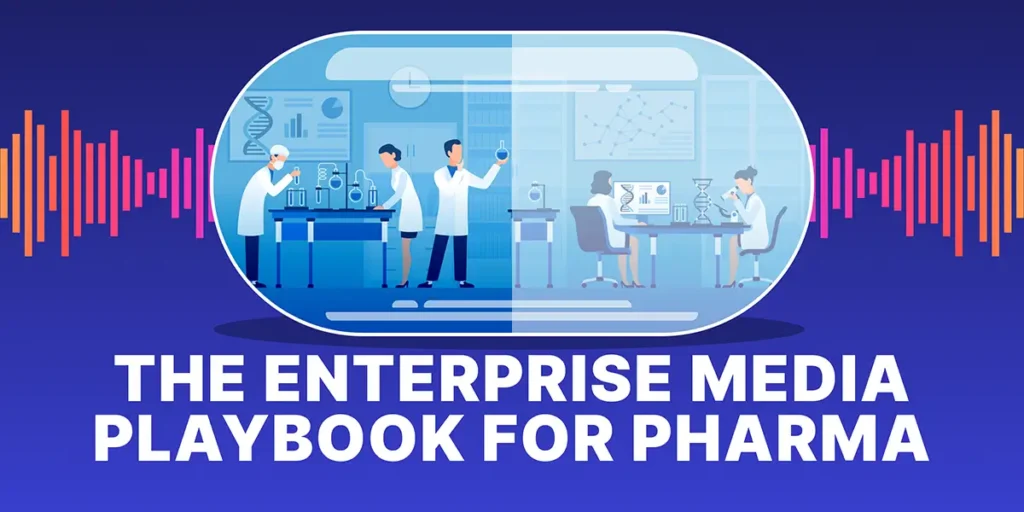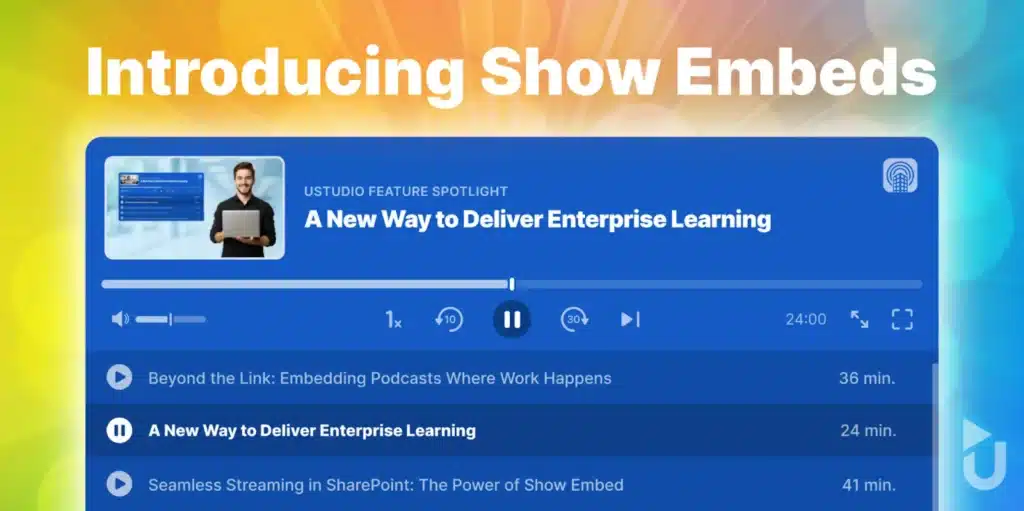How #Mobilegeddon fits within Google’s History of Search Algorithm Changes (and how it affects Video Content Creators)
uStudio | Data & Analytics, Industry Trends, Video Platform

 If you are like most businesses these days, you are affected by Google’s every move. Since 2003, Google algorithm updates have required business owners to be nimble and to adapt quickly to the changing landscape of online search. If you’ve survived more than one major Google overhaul, then like us, you will probably appreciate this beautiful infographic showcasing every Google algorithm change to date.
If you are like most businesses these days, you are affected by Google’s every move. Since 2003, Google algorithm updates have required business owners to be nimble and to adapt quickly to the changing landscape of online search. If you’ve survived more than one major Google overhaul, then like us, you will probably appreciate this beautiful infographic showcasing every Google algorithm change to date.
The History of Google Algorithm Changes
Mobilegeddon: The Latest Algorithm Change and How it Affects Online Video
April 21st, or #Mobilegeddon as it came to be known, came and went. On this fateful day, Google changed the outcome of smartphone search results. You may have prepared for this event; Google did give the public an uncharacteristic heads up. But what were the repercussions of this particular algorithm change for video content creators and publishers?
Here are three takeaways that should interest all those who work with online video:
- #Mobilegeddon only affects smartphone searches. Tablet searches remain unaffected. So, if a strong portion of your audience searches via tablet or web, your video viewership may be less impacted.
- Penalties were assessed for those who had unplayable video, slow load times, or blocked image files. If you fall in this camp, then you are being penalized.
- Mobile-friendliness is now evaluated at the page level, not merely sitewide. So, it is no longer acceptable to just have a mobile-friendly homepage. All of your pages should utilize mobile-friendly best practices.
What are mobile-friendly best practices for video, and how can you implement them? Keep reading below for our suggestions.
Adopt HTML5-First Video Players
The advantages of having an HTML5 Video Player were presented to you by uStudio long before #Mobilegeddon. Apart from being able to customize an HTML5 player using CSS, the fact that it’s a native part of the HTML language means it fits nicely within the backbone of almost every website. HTML5 Video Players can render fast, and are supported by all modern devices.
Abandon Flash. It’s Not Your Friend.
Unplayable video content is typically the result of using Flash or other types of media that have licensing constraints (we won’t even go into Flash’s continuing security holes here). Unplayable content, particularly Flash video, will get you penalized in smartphone search results, and the only way to avoid this is by adopting the HTML5 standard. Adoption is crucial to #Mobilegeddon survival, and if you’re not already using an HTML5 player, you need to make that change now.
Pro-Tip: Read more about HTML5 Video Players on our previous blog post: What is an HTML5 Video Player and Why Should Marketers Care?
Improve Your Page Load Times & Overall Page Speed
Slow loading pages are frustrating, desktop or mobile. Google is dedicated to the general well-being of the internet-searching public and thus will penalize anyone who provides a stress-inducing, slow-to-render mobile site. This initiative makes sense. Mobile searches make up about half of all Google searches and typically focus on time-sensitive searches. Think: [my-favorite-cuisine] Happy Hour (a common search of mine).
Page load time and speed is directly affected by type, amount, and size of media. Poorly-provisioned video can be a huge detriment to page loading speed. Using an automatic compression and formatting tool for your videos, such as the ones available in our Video Platform, will optimize your video for fast playback, no matter what device requests it.
Pro-tip: Googlebot must be allowed to crawl CSS & JavaScript to pass the "mobile-friendly" test
Keep Making Great Content. Winning Content Still Matters.
If you don’t have a mobile-optimized website, and you feel the inevitable death grip of #Mobilegeddon tightening around your digital content, don’t panic. You don’t have to rush out and hire the first mobile developer your friends recommend. If you’ve got great content, you’ve got a little bit of time.
Why? First, the search algorithm changes will be rolled out over the course of a few weeks. You have (a little) time to plan, and, you may not need to change. Google might like you just the way you are. You can do a ‘mobile-friendliness’ sanity check with Google’s Mobile Friendly Test Tool . Evaluate what changes you need and what changes you don’t need.
Second, the search mantra ‘Content is King’ stands. Even without a mobile-friendly site you may still beat the competition. If your content is deemed most relevant to the unique search, you may still come out on top, despite #Mobilegeddon. However, Google’s benchmark for relevant is both unclear and ever-changing. Once, it was about links and keywords, then location was thrown in the mix, and now we have knowledge graph and social indicators.
As a content creator, pride yourself in the quality of your content but don’t count on its quality to be enough. Just as Superman needed the love of Jonathan and Martha Kent, your content needs a solid foundation from which to thrive, and that foundation includes a mobile-friendly environment.
Pro-Tip: Responsive design does not receive ranking benefit. Don’t redesign your website if you don’t need to.
What Does the Future Hold?
All this information brings us back to the central tenet of Google Search, to bring the most relevant information to the end-user as fast as possible. As terrifying as #Mobilegeddon can be for a content creator seeking to find his or her place in the digital wild, the aftermath is promising.
I - for one - am on board with a more relevant and faster mobile search experience. I look forward to stress-free mobile searches. Forcing an optimized mobile search experience means we’ll not hesitate to search more, on the go. As mobile search volume grows, ranking for pertinent search queries will increase your brand proliferation and place your video content front-and-center. Who doesn’t want that, even if we have to suffer through a -geddon?


